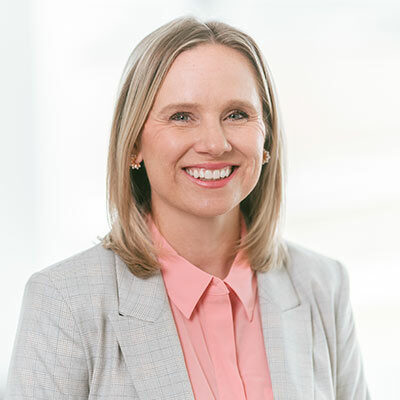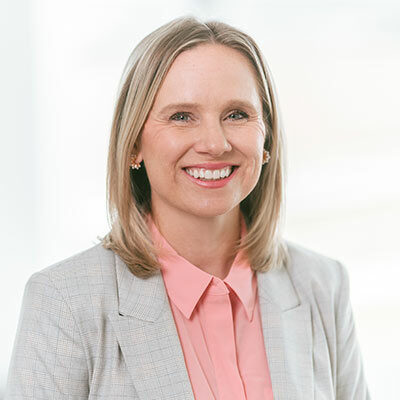
“This change reflects the deep commitment of the University and the two degree programs to better meet the needs of students and demands of the professional marketplace,” says Jodi Cahalan, Ph.D., M.P.H., M.S., PA-C, DFAAPA, dean of the college. “It allows us to further capitalize on the cross-disciplinary expertise of the faculty, many of whom already teach in both programs. It also provides the opportunity for us to offer two new M.P.H. concentrations in addition to our existing course of study.”
That “generalist” M.P.H. program prepares students to enter a wide array of careers in the core areas of public health practice. They gain knowledge that enables them to develop, implement and assess programs; identify and address social determinants of health; apply the science and art of health promotion and disease prevention; and assume leadership positions.
The two new concentration areas are in health service management and health promotion. The health service management concentration focuses on the financing and administration of public health and health services in public and private sectors. Students gain a foundation in core public health functions and services as well as analytical skills and managerial knowledge to address critical issues such as quality, efficiency and effectiveness.
The health promotion concentration prepares students to work, locally or globally, to protect and promote the health of individuals, families, communities and countries. They learn to apply theory and research to plan, implement and evaluate efforts to enhance health, tackle chronic disease, and design and offer health education in interpersonal, organizational, community and policy-level settings.
“We are very excited to offer these new opportunities to our current and prospective students,” says Rachel Reimer, Ph.D., chair of the new public health department and director of the M.P.H. program. “As the health care system continues to evolve and continues to emphasize an interdisciplinary focus on the effective and efficient delivery of health care services, prevention of illness and promotion of health, the Department of Public Health at DMU is committed to preparing outstanding professionals to serve the needs of Iowa and the many states where our students reside.”
DMU’s M.P.H. program is accredited by the Council on Education for Public Health (CEPH) for providing the most rigorous and well-respected educational experiences in the profession.
The University’s M.H.A. program is accredited by the Commission on Accreditation of Healthcare Management Education (CAHME), which defines the highest standards in education for health care management and administration professionals. The M.H.A. program prepares students to lead the people-intensive, patient-centered organizations and systems of health care with skills in leadership, human relations, financial and health information management and other areas.
Carla Stebbins, Ph.D., M.S., remains director of the M.H.A. program. All faculty of the two programs are members of the department of public health.

